Running injuries: avoiding them and fixing them
Being injured sucks. Last year I dropped out of a half marathon half way with a problem with my right leg. It was the right decision to make but that didn’t make it easy.
I saw a physio, had some time off and have been sticking to low mileage since then and I’m mostly ok again now. I had a few setbacks along the way when I got too eager and did too much too soon, but I’m back running pain-free again.
Many of you will be training for events right now and praying that you remain injury free, and I hope you do too. But rather than praying, here’s a few practical steps you can take.
Prevention is better than cure
You don’t need me to tell you about the importance of recovery, stretching, strength training and sports massage in keeping injury free. We all know it, but that doesn’t necessarily mean we do it. When training ramps up and time is scarce, these are the things that start to fall by the wayside. Make an effort to keep on top of them.
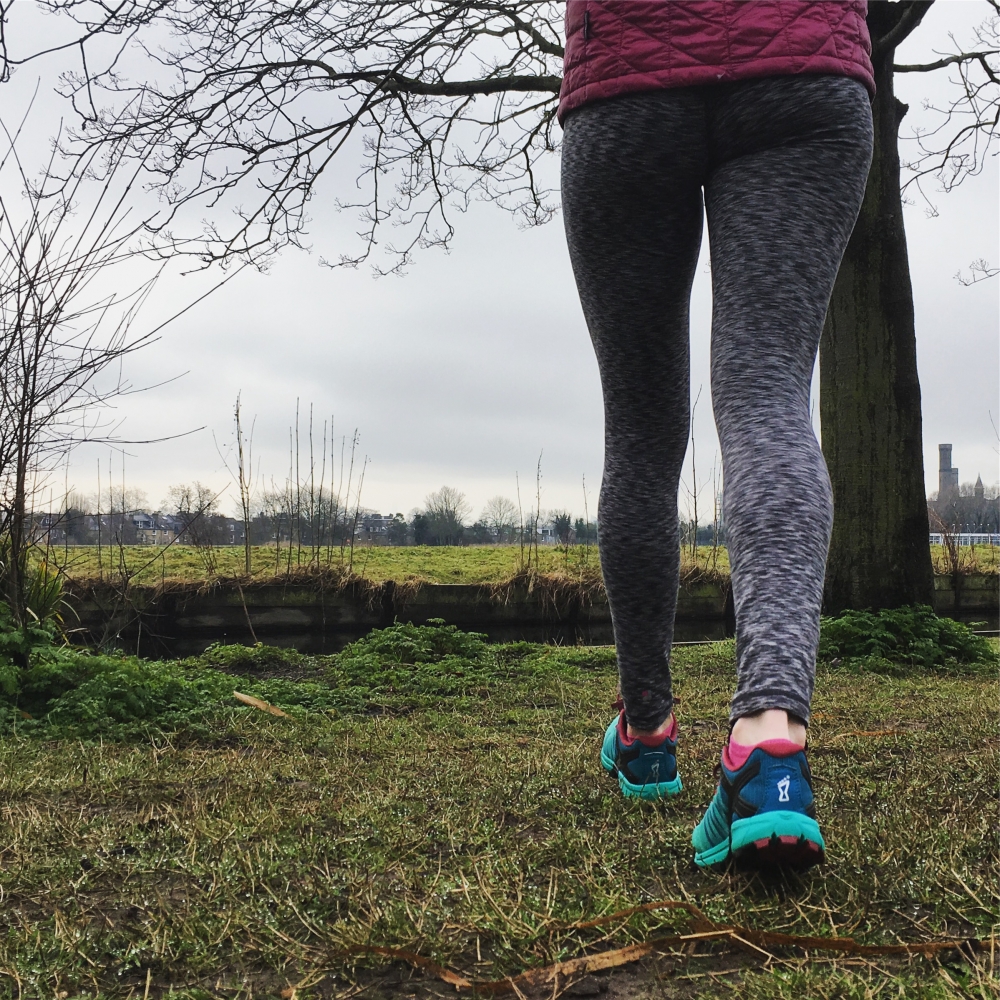
Keep calm
The worst thing to do in any situation is to panic. When you panic you make bad decisions. So for example, if you tweaked a hamstring half way through your long run, the best course of action is not to finish the run limping. Or you cut your run short today because your shin hurt, so it’s probably not a great idea to add those missed miles to tomorrow’s run. Calm down and make sensible decisions.
Get advice
I don’t mean from Dr Google or from your mate who also had knee pain and thinks you’ve definitely got the same thing as them. See a professional, the sooner the better.
Be patient
Injuries can take a long to heal. Muscles take a while to repair, and that can be frustrating. But heading out for a run too soon might prolong the wait. And when you are given the OK to return to running, build up slowly – both in mileage and intensity. If you’re seeing a physio, ask them to help you plan your return to running.
Crosstrain carefully
Depending on your injury, you’ll probably be able to do some sort of cross-training while you recover. But not all forms of cross training are suitable for all injuries. So, for example, spin classes aren’t advisable for certain knee problems. Again, ask your physio for advice.
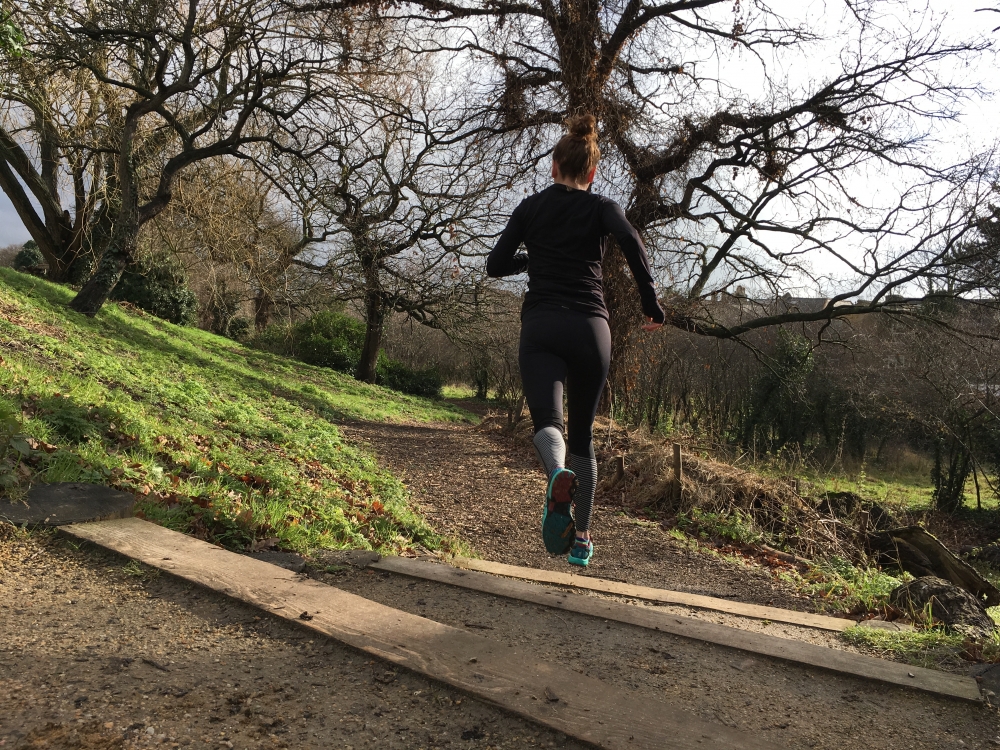
Put your ego aside
Depending on how long you have to take off, it might be that your paces suffer. It’s hard to see bigger numbers on your watch than you’re used to on your runs, especially when your old easy run pace feels like hard work. You will get faster again, but for now the best thing you can do is forget your old paces and run based on your fitness now.
Reassess your goals and what’s important
It’s difficult to have to give up on a race, but that doesn’t have to mean giving up on a goal. I dropped out of Bournemouth Marathon in 2015 where I’d been hoping to run 3:30. But seven months laster I did just that in Edinburgh. But the most important thing to me is being fit and healthy, and no race is worth risking that.
Read this post for more tips on advice on returning to running after injury.
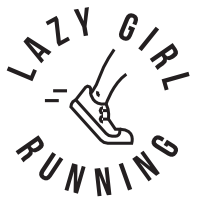

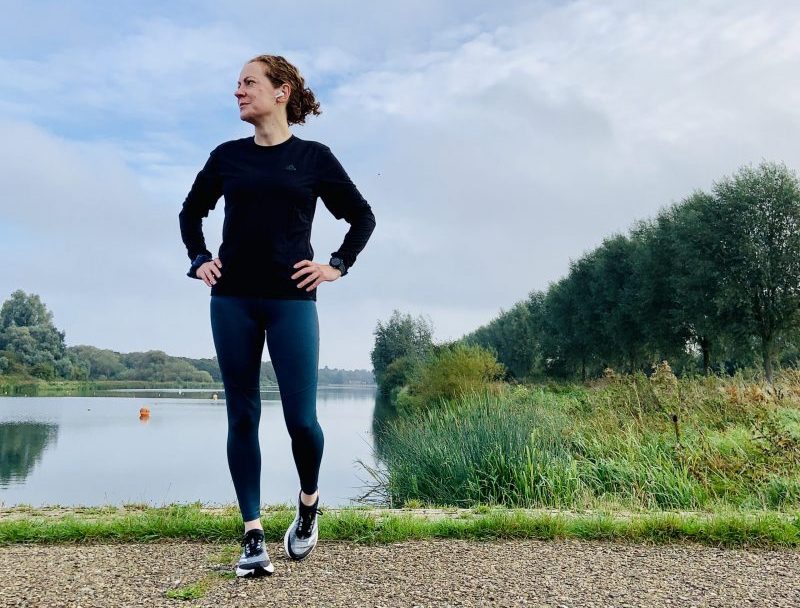
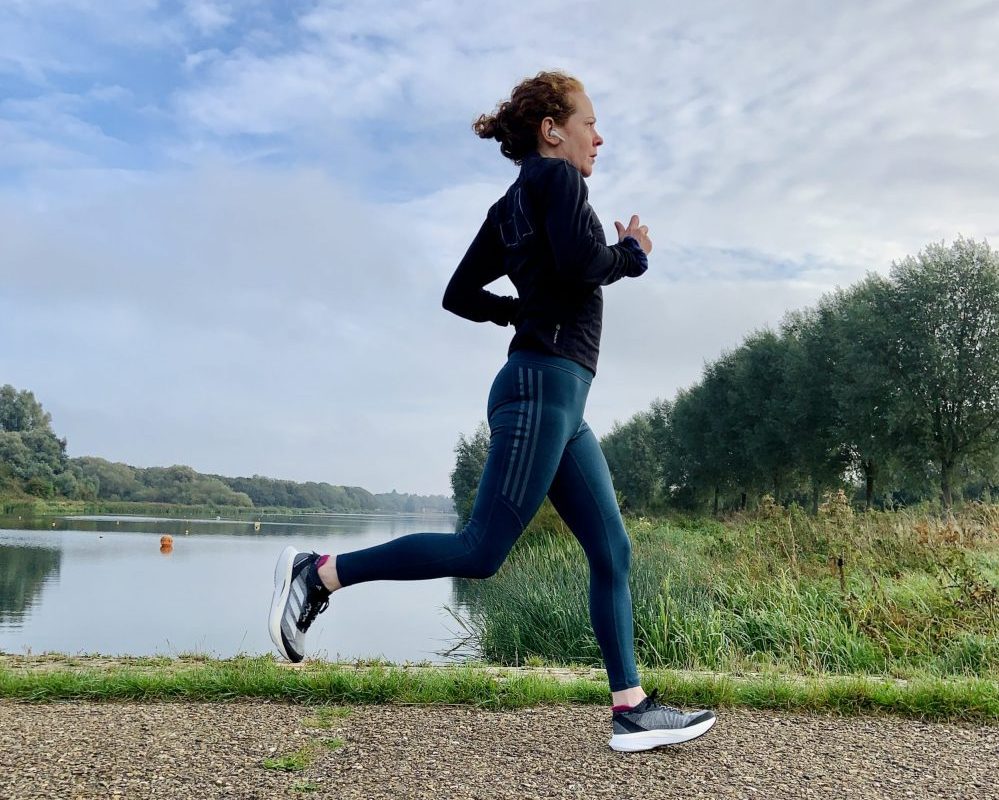
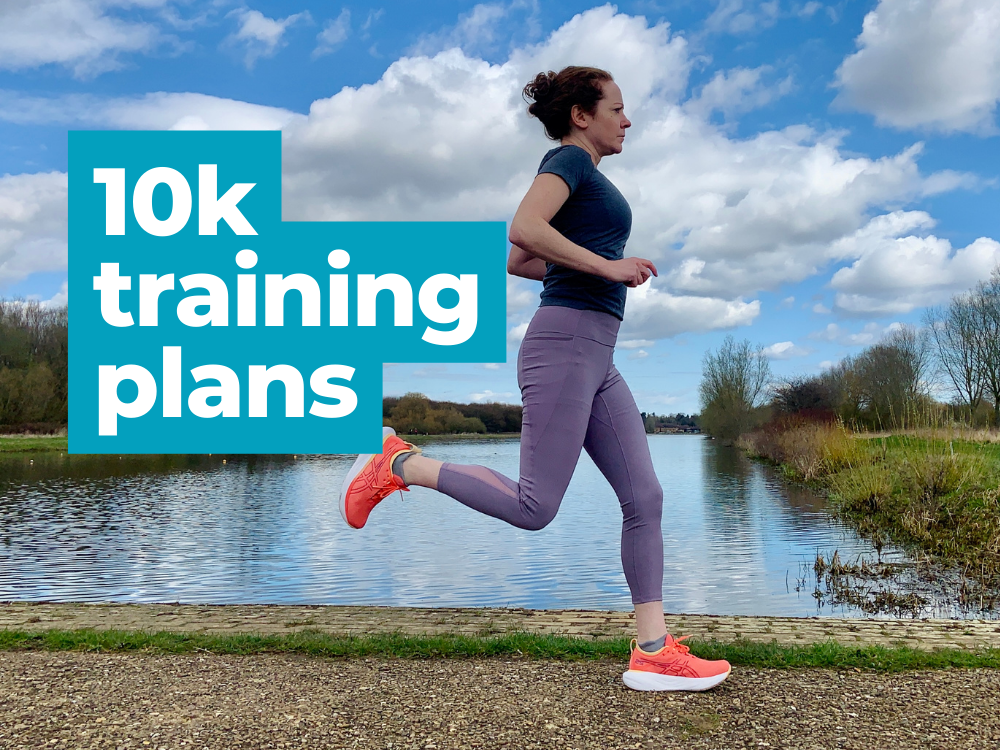
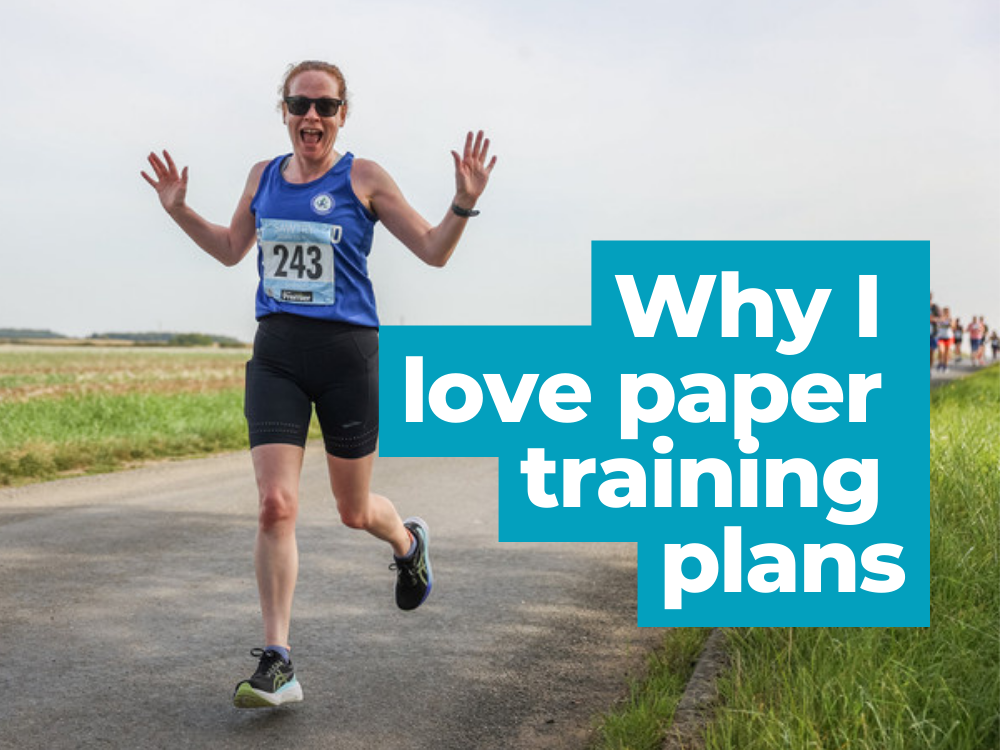
Good read and very relevant! I’m sorry you had to drop out of a race, that’s hard, but I’m glad to hear you’re back at it! Keep up the good work!